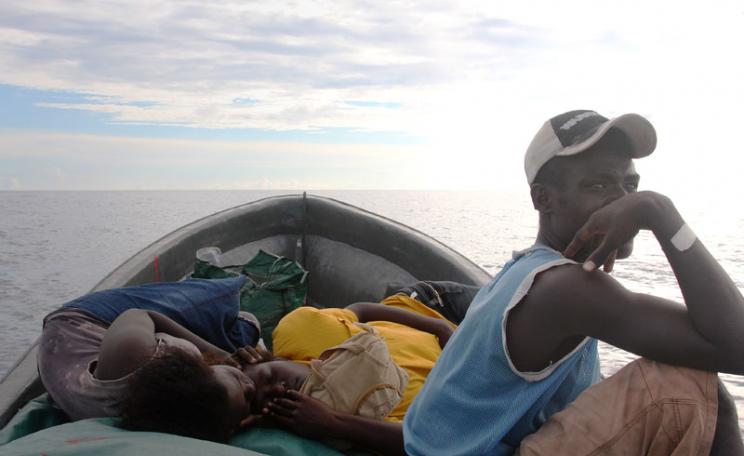In addition to the 155 million people already displaced by wars, natural disasters and economic development, climate change will force millions to become what the charity refers to as 'internally displaced persons' - citizens forced to move within their own countries without rights or voice under international law.
'A world of many more Darfurs is the increasingly likely nightmare scenario,' the report's authors warn. 'The impact of climate change is the great, frightening unknown in this equation. Only now is serious academic attention being devoted to calculating the scale of this new human tide.'
Christian Aid is calling for a 'stronger, braver' response from the world community. Drawing parallels with the enforced migration seen in the aftermath of the Second World War, the charity says that a multilateral peace-keeping force is needed, combined with more sensitive evaluation of the effects of large-scale development, such as dams, roads and mines.
In order to help counter the effects of climate change on migration, the charity has called for the establishment of a 'global carbon budget' - an enforced system of carbon trading designed to redistribute funds to less industrialised nations. In addition, the report recommends a £50 billion annual fund to subsidise climate change adaptation measures in developing countries.
The authors suggest that debt cancellation and the sharing of new technologies are routes towards tackling the problem.
This article first appeared in the Ecologist May 2007




